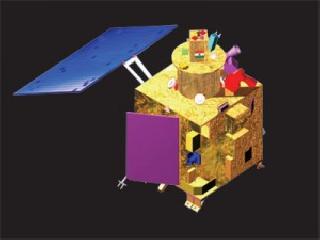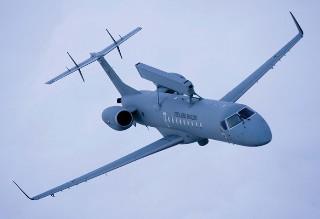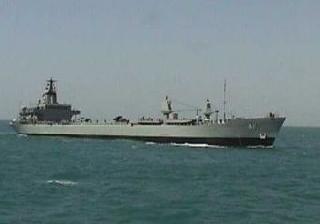
Chandrayaan 1. Photo: ISRO
AHMEDABAD (PTI): India's second lunar mission will be undertaken with Russian participation though it has got delayed, a top official of an ISRO lab has said amidst reports that 'Chandrayaan 2' will be a solo mission.
Chandrayaan 2, an Indo-Russian joint project, is going ahead but it has got delayed, Physical Research Laboratory (PRL) Director J N Goswami said on Tuesday.
Ahmedabad-based PRL is part of Indian Space Research Organisation (ISRO).
"The Indo-Russian mission is going ahead. The project has got delayed. Currently, we are whole-heartedly working for the Mars project scheduled for November. The moon mission, for the time being, has got delayed," Goswami told PTI.
Roscosmos, Russia's space agency and ISRO had signed an agreement on November 12, 2007. Under the pact, Roscosmos had assumed the vital responsibility of providing both the orbiter and the rover, while its Indian counterpart was to design and build the Lander for the ambitious mission.
"The failure of Roscosmos Phobos-Grunt mission (in December 2011) has, for the time-being, delayed the moon mission," he said, adding the construction of Lander for the combined mission has been delayed.
Chandrayaan 2 will have five primary payloads on the orbiter, two of which will be improvements on instruments that were onboard Chandrayaan 1, launched in October, 2008. Also, the rover will carry two additional instruments.
Chandrayaan 2, originally scheduled in 2015, will be launched by a GSLV-powered by an indigenous cryogenic engine.
Reports had appeared in a section of media quoting a scientist of PRL S V S Murty as saying India will go it alone in the Chandrayaan 2 mission. Despite repeated efforts, he was not available for comments on the issue.
PRL is involved in designing indigenous payloads for Chandrayaan 2.
 Previous Article
Previous Article Next Article
Next Article












The Indian Air Force, in its flight trials evaluation report submitted before the Defence Ministry l..
view articleAn insight into the Medium Multi-Role Combat Aircraft competition...
view articleSky enthusiasts can now spot the International Space Station (ISS) commanded by Indian-American astr..
view article